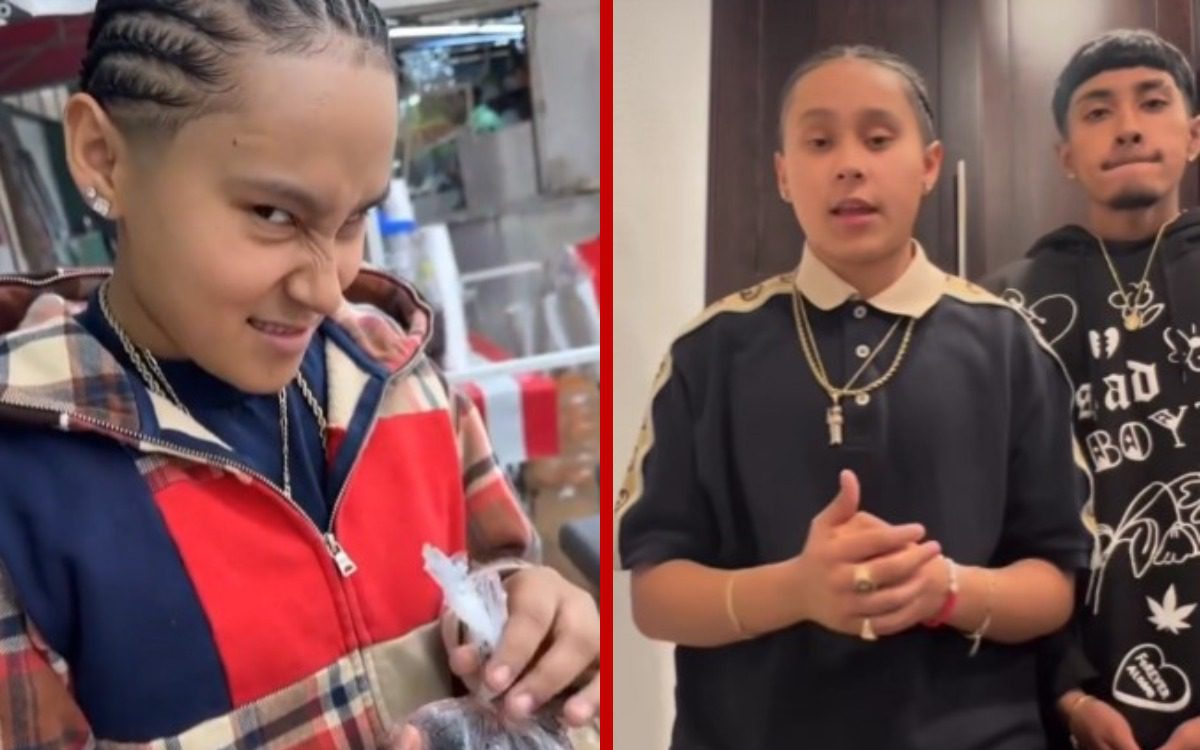A lesson taught by Yahritza y Su Esencia
The Mexican-American pop star Yahritza has faced significant backlash in recent weeks over controversial comments she made about Mexico during a magazine interview. When asked about her heritage, Yahritza stated that she was “proud to be an American” and didn’t “really identify with Mexican culture anymore.” She also referred to Mexico as a “broken country” with “a lot of problems.”
These remarks sparked outrage among many Mexican and Mexican-American fans, who found her statements offensive and dismissive of her roots. Critics argued that she was disrespecting the very culture and community that supported her career for years. Some saw it as an act of betrayal and accused her of ingratitude after achieving mainstream success in America.
Within days, the backlash went viral online, with the hashtags #YahritzaIsOverParty and #YoNoSoyYahritza (meaning “I am not Yahritza”) trending on social media. Angry fans posted videos of themselves destroying or defacing Yahritza merchandise to protest her comments. A petition was even launched demanding she apologize.
The controversy quickly escalated as brands and partners rushed to distance themselves from the embattled star. Makeup company Revlon announced it was ending its sponsorship deal with Yahritza, saying her views conflicted with their values of “diversity and inclusion.” Retail giant Target pulled all her products from its shelves. Radio stations stopped playing her music, and she was dropped from performing at several upcoming concerts and festivals.
The situation illustrates how today’s hyper-connected world can instantly amplify backlash and outrage when a celebrity makes an offensive or controversial statement. For brands that partner with influencers, it’s a cautionary tale about proper vetting and maintaining their values consistently.
Brands must also act swiftly and decisively if an influencer they’ve partnered with does spark backlash for offensive behavior. Quickly acknowledging the controversy, reiterating their own values and terminating the relationship can help minimize damage to their reputation. Staying silent or inactive risks them being seen as complicit or apathetic.
And while it’s easy to dismiss their experience as a Generation Z squabble, remember that their demographic has $360 billion in disposable income, more than double what was estimated in 2020.
Ultimately, brands partnering with influencers must ensure their values are reflected at all times. With proper vetting and proactive reputation management, they can avoid the massive fallout that Yahritza is experiencing for her insensitive comments.
@yahritza Aquí le dejamos este mensaje desde el fondo de nuestro corazones
♬ original sound - Yahritza


0 Comments